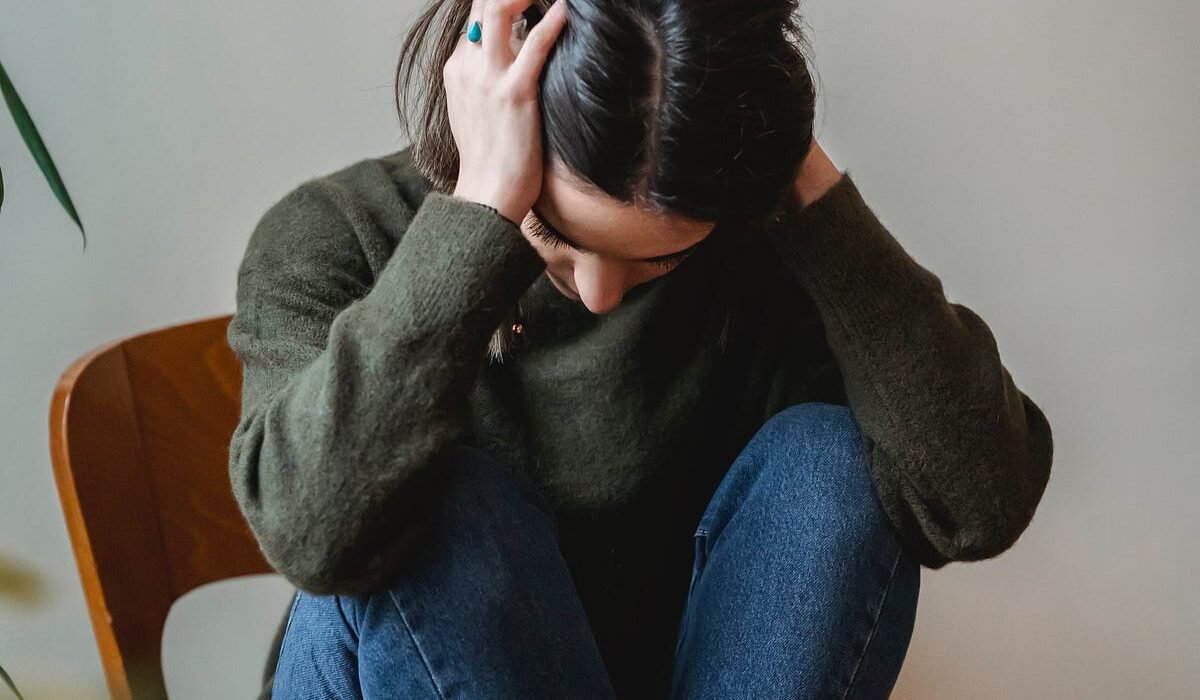“You’ve gained a few kilos since I last saw you.” “What happened to your face? You’re all swollen!” “Have you noticed her wrinkles?” Find out what body shaming is, its effects and how to prevent it here.
The term body shaming refers to the act of criticizing, mocking or judging a person’s physical appearance. It is a very common practice and can even become part of the norm, pretending innocence or good intentions.
Whether face to face or anonymously on the Internet, commenting on other people’s bodies is a behavior that tends to hurt deeply and contribute to the development of mental and physical health problems. Let’s delve deeper into this.
Body shaming : forms of manifestation
Body shaming takes many forms, from hurtful comments to subtle expressions of disapproval, such as “you’re too skinny, you look like an ironing board,” “you have such a pretty face, but imagine if you worked on your figure too.”
As mentioned in an article published in the International Journal of Bullying Prevention , body shaming is a form of social aggression, although it is not always intended to harm.
Criticism involves disparaging comments about weight, facial appearance, body shape or size, or any other physical aspect. It occurs both in person and online, through comments, memes, or mentions on social media.
Many times, it is justified in a supposed health discourse, for example, when someone comments “I’m telling you for your own good” to criticize another person’s body.
Emotional impact on people who receive body shaming
The emotional consequences for people who are subjected to physical humiliation are profound and can lead to long-lasting effects on their physical and mental well-being. These include the following:
Self-esteem problems
Body shaming significantly erodes self-esteem . Disparaging and critical comments about physical appearance cause children, adolescents or adults to question their own worth and feel ashamed of their body.
This may lead to a constant feeling of inadequacy and have a negative impact on all areas of your life, potentially affecting both academic and professional performance.
Anxiety, depression and isolation
Body shaming also often triggers mental health issues such as anxiety and depression. The fear of being mocked or judged for one’s physical appearance creates an anxious state that affects one’s ability to function in everyday social situations.
Furthermore, many people who receive ridicule or negative comments choose to isolate themselves to avoid further criticism. In fact, experts from Diponegoro University in Indonesia mention the tendency of teenage girls to reject social invitations that involve leaving home, due to the fear of being judged for their appearance.
Undervaluation
These types of practices are likely to generate in the person a lack of desire to interact with others. This leads to rumination, thoughts related to the opinion that they will give us, in short, a feeling of undervaluation that undermines the person who has it.
Eating disorders
Critical comments directed at weight or body shape lead to a dysfunctional relationship with food and a distorted perception of one’s own body image. Unsurprisingly, teenagers are particularly susceptible to this. However, adults are not exempt.
Regardless of age, someone who receives disparaging comments about their appearance may feel overwhelming pressure to meet certain beauty standards, which can result in an obsession with losing or gaining weight and excessive monitoring of their diet.
Research published in the journal Eating Behaviors indicates that feeling ashamed of one’s body is one of the most significant risk factors for eating disorders such as anorexia or bulimia.
How do social media influence the prevalence of body shaming ?
In the age of digitalisation, the phenomenon of body shaming finds fertile ground to spread. Apps such as Instagram, TikTok and Twitter encourage constant comparison and the promulgation of unrealistic beauty ideals, as well as allowing for merciless criticism of other people’s bodies. All of this contributes to a culture obsessed with body image.
In this context, so-called trolls , who are individuals hiding behind a screen, participate in the network with the intention of provoking, bothering and offending other people, which contributes to normalizing humiliation.
Online anonymity thus allows people to express themselves without facing personal consequences for their actions, feeling completely free to make hurtful or humiliating comments about others’ appearance.
However, the digital world also plays a key role in countering body shaming . For example, through the body positive movement , which uses the power of social media to promote acceptance of body diversity, encouraging people to value themselves as they are.
Prevention strategies
To address and prevent the prevalence of this behavior on and off social media, it is essential to implement educational and awareness-raising strategies that promote a more empathetic and respectful culture.
A postgraduate work from the Casa Grande University , in Guayaquil, highlights a series of communication campaigns as a way to eradicate the tendency to judge and criticize the physical appearance of other people, concluding the importance of the following:
- Promote a new definition of beauty, appealing to the value of diversity.
- Be careful with your words and speak up when human rights are violated.
- Contribute to the creation of safe spaces where people can share their experiences without fear of judgment.
Social problems, collective commitment
This is not an isolated or insignificant issue. Rather, it affects a large number of children, adolescents and even adults. It is therefore crucial to make a joint commitment to address the problem of body shaming.
Together, we have the power to shape a kinder, more compassionate society, where every person feels valued and accepted for who they are, regardless of their appearance.


